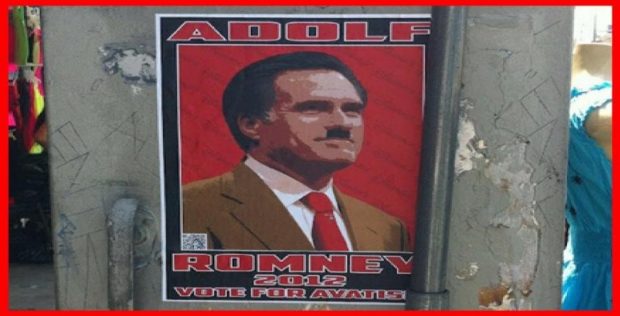The political landscape in the United States is increasingly polarized, with accusations and counterclaims flying between parties. Leading the charge against the GOP is the Democratic wing, which seems to be once again invoking the “Hitler Card” in its rhetoric against Donald Trump, particularly with the allegations made by former White House Chief of Staff John Kelly. Kelly’s recent comments suggest Trump has made positive remarks about Adolf Hitler. However, this account raises skepticism, especially given that it comes from a disgruntled ex-employee who felt wronged after being dismissed by Trump—a scenario drawing heavy scrutiny as it appears to surface conveniently close to an impending election. The lack of corroboration from other insiders adds weight to the suspicion that this narrative might be more about political strategy than factual reporting.
Delving deeper, there’s an apparent irony in former officials, including Kelly, criticizing Trump despite their extensive backgrounds in a military infrastructure that has participated in controversial military interventions. Kelly, having been part of high-ranking roles throughout conflicts in Iraq, Syria, and Ukraine, never voiced dissent while climbing the ranks. His sudden willingness to speak out against Trump and associate him with historically condemned figures like Hitler raises questions about the motivations behind his statements. It undermines his credibility, especially when contrasting his military history with Trump’s time in office, which lacked the expansive and unauthorized military engagements typical of U.S. foreign policy under previous administrations. This inconsistency points to a broader critique of the political establishment—a duality of renouncing Trump’s behavior while remaining silent about the significant implications of unwarranted military actions that plagued their own careers.
Context is critical in understanding Kelly’s testimony. The source of this renewed attack seems inherently tied to the timing, coinciding with political maneuvering efforts present during election cycles in U.S. politics. The Atlantic’s editor Jeffrey Goldberg, with his own biases against Trump, has been quick to exploit and amplify this narrative, using Kelly’s statements to paint an alarming portrait of Trump’s political ambitions. Such a tactic is undeniably familiar within the media landscape—using sensationalism to provoke public response and undermine rival political narratives attached to the GOP, particularly as Trump mounts another potential campaign for the presidency.
The allegations regarding the January 6th Capitol riots epitomize the hyperbole surrounding Trump’s presidency and have morphed into a broader discussion regarding civil unrest. The argument that these events constituted an insurrection is countered by observations that the chaos on that day lacked organization and intention akin to historical violent uprisings. Many participants wandered into the Capitol without a clear agenda, merely voicing their discontent regarding an election they believed had been rigged. This has led to increasing critiques of how terms like “insurrection” have been applied by the political elite, which potentially misrepresents the gravity of what genuinely took place. Notably, the lack of real armed rebellion and planning further undermines the argument of a structured insurrection, reflecting confusion rather than a coordinated takeover.
This narrative manipulation culminates in a broader accusation of hypocrisy directed at the political establishment, with many mainstream media figures failing to recognize their own biases while condemning Trump and his supporters. The insistence by figures like Chris Quinn—a media editor—on labeling Trump a threat to democracy is countered by reasonable analyses showing the lack of evidence for a true overthrow attempt, thus distorting the nature of civil protests into something more sinister. Assertions that only a true armed rebellion would merit such a label reveal the narrative inconsistencies enmeshed in the discussions surrounding the events of January 6th.
Ultimately, the commentary surrounding figures like Trump and Kelly reflects an ongoing struggle within the U.S. between traditional political narratives and the shifting dynamics of contemporary governance. Trump’s presidency highlighted the tussle of power where populism clashed with established political ideologies, leading to a chaotic closing chapter that has radically reshaped public perceptions. The ongoing discussions around executive authority, civil discontent, and military interventionism sketched through the back-and-forth between Kelly and Trump serve simultaneously as indictments of individual character and broader systemic failures within the political culture of America. While the Trump presidency was replete with its challenges, the attempt to conflate it with historical fascism or dictatorship through sensational accusations serves more as political fodder than a substantive critique grounded in evidence and democratic principles.

